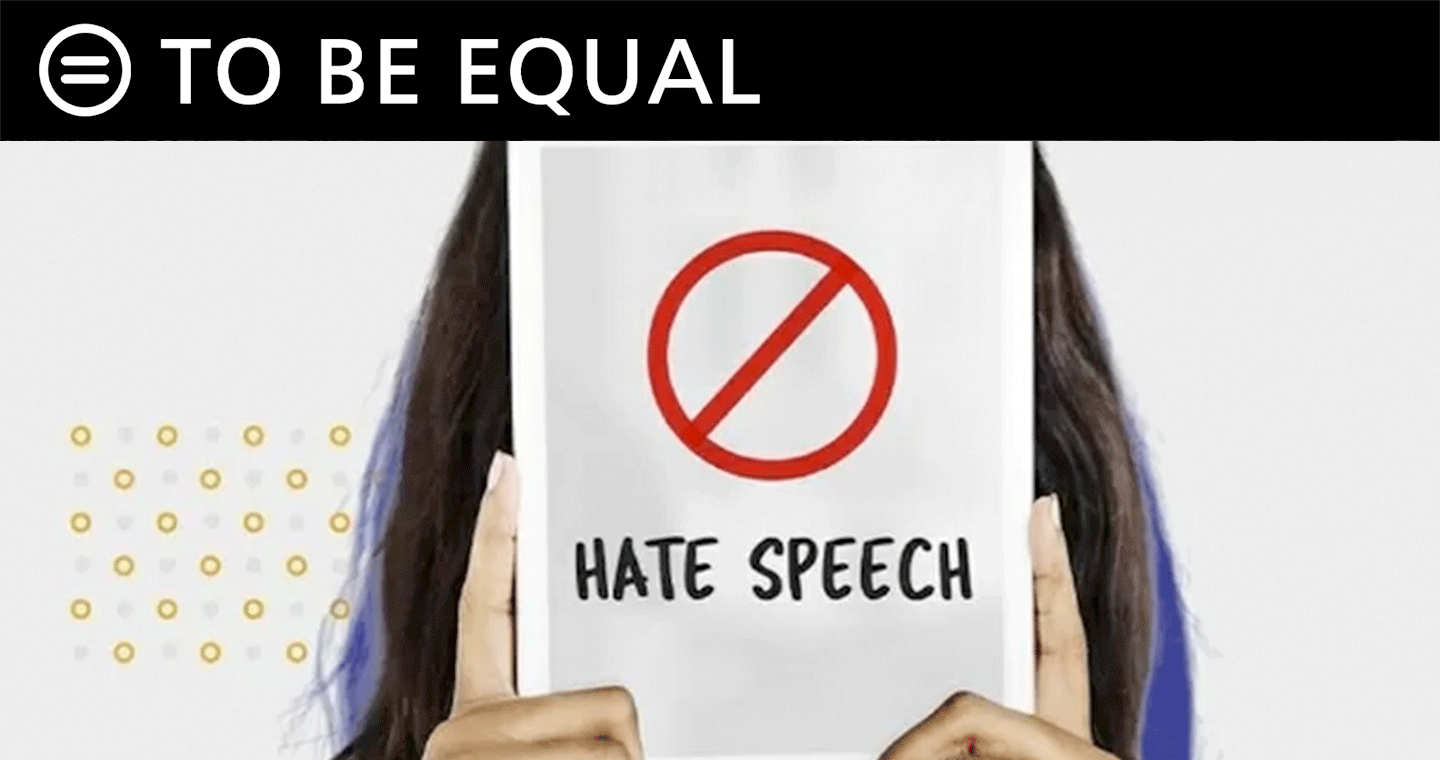Hate Speech Has No Place On College Campuses Or Anywhere Else

Marc H. Morial
President and CEO
National Urban League
“Addressing hate speech does not mean limiting or prohibiting freedom of speech. It means keeping hate speech from escalating into something more dangerous, particularly incitement to discrimination, hostility and violence, which is prohibited under international law.” -- United Nations Secretary-General António Guterres
Calling for the genocide of Jews, or of any people, is hate speech that is incompatible with American values and the U.S. Constitution.
As Americans, we cherish our constitutional right to free expression as passionately as we abhor bigotry, discrimination, and injustice. In the words of Voltaire biographer Evelyn Beatrice Hall, often misattributed to Voltaire himself, “I disapprove of what you say, but I will defend to the death your right to say it."
But we also live by another principle, expressed in an adage whose origins have been lost to time: Your right to swing your fist ends where my nose begins.
Nowhere is this paradox more vividly illustrated than on the campuses of our nation’s colleges and universities, where conflicting ideologies are passionately debated. The lectures of controversial public figures are protested and boycotted. Outspoken professors ignite controversy and invite censure. Students are challenged by seemingly radical new perspectives they may be encountering for the first time.
But a university’s status as a thriving laboratory of thought – a place where the “fists” of free expression are swung zealously and audaciously – does not absolve it of the responsibility to safeguard its students’ safety and security.
During testimony before Congress earlier this month, the presidents of Harvard University, the University of Pennsylvania, and MIT declined to say whether calls for the genocide of Jews would violate their schools’ conduct policies.
The backlash led Penn’s President Liz Magill to resign, and ignited a national debate over what constitutes hate speech and whether it should be tolerated on campuses in the name of freedom of expression.
To be clear, all three presidents have since clarified that antisemitism, in all its many and insidious forms, is at odds with the universities’ values. And while the universities “embrace a commitment to free expression, even of views that are objectionable, offensive, hateful,” as Harvard President Claudine Gay testified, their policies prohibit bullying, harassment, and intimidation.
This is, in theory, the balance that universities should endeavor to strike. What’s hard to understand is why the presidents declined to affirm during their testimony that calls for violence against Jews around the world do violate their policies against bullying, harassment, and intimidation.
In written testimony submitted prior to her appearance before the House Committee on Education and the Workforce, Magill said that Penn has “zero tolerance for violence or speech intended to incite it.”
After the hearing, Gay issued a statement saying “There are some who have confused a right to free expression with the idea that Harvard will condone calls for violence against Jewish students. Let me be clear: Calls for violence or genocide against the Jewish community, or any religious or ethnic group are vile, they have no place at Harvard, and those who threaten our Jewish students will be held to account.”
It's unfortunate their testimony to the Committee was not equally unambiguous.
Contrary to some of the commentary presidents’ testimony, the First Amendment does not protect this kind of hate speech. In its landmark decision in Brandenburg v. Ohio in 1969, the U.S. Supreme Court held that speech can be prohibited if it is "directed at inciting or producing imminent lawless action" and it is "likely to incite or produce such action."
Antisemitic incidents in the United States have soared since the Oct. 7 attack on Israel by Hamas, according to ADL, which has tracked at least 40 incidents of physical assault, 337 incidents of vandalism, and 749 incidents of verbal or written harassment.
We must create climates on college campuses that make it clear to students that their right to free speech will be protected, but that condemnation of people based on race, religion, ethnic origin, or sexual orientation is inconsistent with the responsibility that goes along with the exercise of free speech and can lead to tragic consequences.
###
48TBE 12/23/23 ▪ 80 Pine Street ▪ New York, NY 10005 ▪ (212) 558-5300
Connect with the National Urban League
Facebook: https://www.facebook.com/NatUrbanLeague
Twitter: https://twitter.com/naturbanleague
Instagram: https://www.instagram.com/naturbanleague
Website: https://www.NUL.org
Newsletter: http://bit.ly/SubscribeNUL
YouTube: http://bit.ly/YTSubNUL

